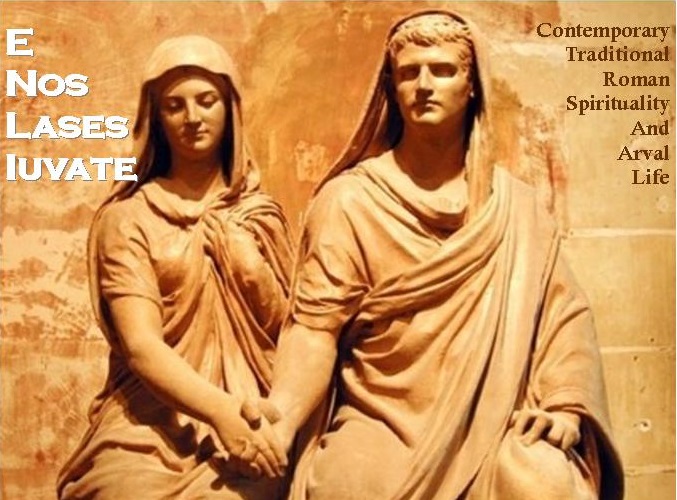This is a great festivity dedicated to the Goddess Mater Matuta, Mother of the Morning, Aurora, the Dawn, the Sister Goddess.
This ancient Goddess represents the sacralization of the first sunbeam embracing Earth, the first sunbeam expelling darkness. She marks the beginning of a new day. For this reason her male polarity (Pater Matutinus) is often linked to Janus and Portunus.
This day is dedicated to those women married only once (not widows) and to grandmothers devoted to their grandsons' care.
In this day roasted flatbread is eaten and meat should be avoided.
This ancient Goddess represents the sacralization of the first sunbeam embracing Earth, the first sunbeam expelling darkness. She marks the beginning of a new day. For this reason her male polarity (Pater Matutinus) is often linked to Janus and Portunus.
This day is dedicated to those women married only once (not widows) and to grandmothers devoted to their grandsons' care.
In this day roasted flatbread is eaten and meat should be avoided.
